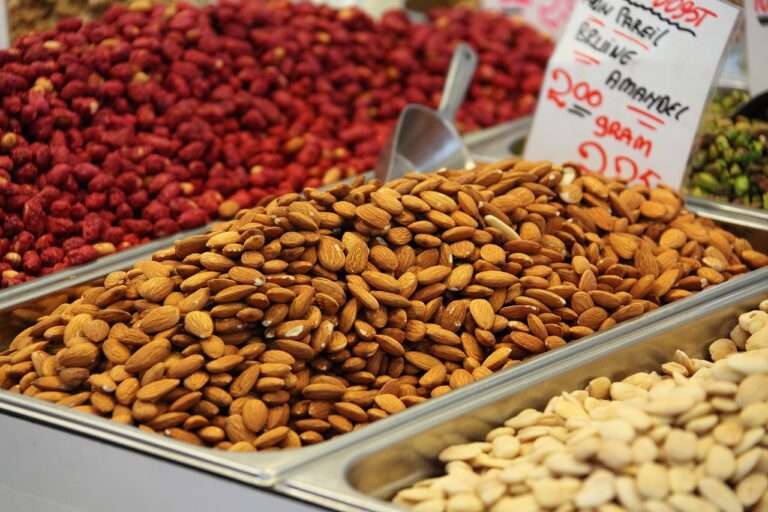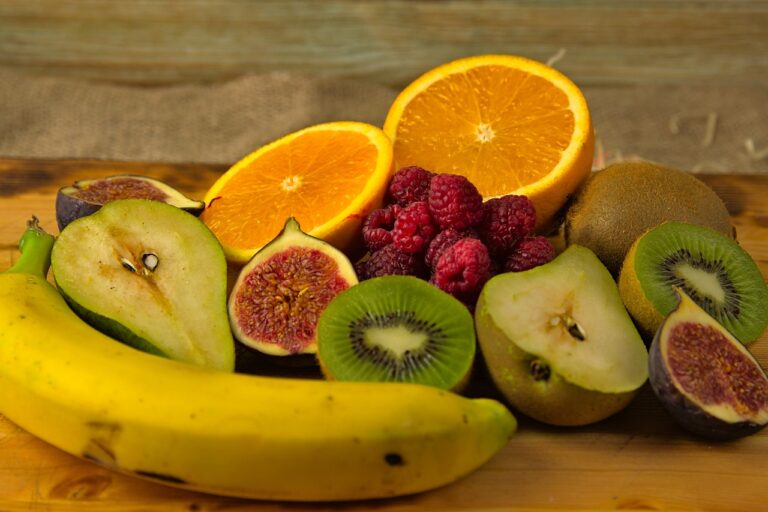Exploring Opportunities for Food Exports to South Africa
cricket 999.com login, 11xplay online, betbhai9 id: Exploring Opportunities for Food Exports to South Africa
South Africa, a land of diverse cultures and breathtaking landscapes, is not only a popular tourist destination but also a promising market for food exporters. With a population of over 56 million people and a growing middle class, there is a significant demand for high-quality food products in South Africa. Whether you are a small-scale producer looking to expand your market or a large corporation seeking new opportunities, exporting food to South Africa could be a lucrative venture. In this article, we will explore the potential opportunities for food exports to South Africa and provide you with valuable insights on how to tap into this market.
Understanding the South African Market
Before diving into the process of exporting food to South Africa, it is crucial to understand the unique characteristics of the market. South Africa boasts a diverse population with different culinary preferences and dietary habits. Therefore, it is essential to conduct thorough market research to identify the most in-demand food products in the country. Some of the popular food items in South Africa include fresh fruits and vegetables, meat products, dairy products, beverages, and confectionery.
Additionally, it is important to consider the regulatory environment in South Africa. The country has strict regulations governing food imports to ensure the safety and quality of products consumed by its citizens. As an exporter, you will need to comply with the South African Bureau of Standards (SABS) regulations and obtain the necessary certifications and permits to export food products to South Africa.
Identifying Opportunities for Food Exports
Once you have a good understanding of the South African market and regulatory requirements, it is time to identify specific opportunities for food exports. South Africa imports a wide range of food products from around the world, creating ample opportunities for exporters. Some of the key opportunities for food exports to South Africa include:
1. Fresh Fruits and Vegetables: South Africa relies heavily on imports to meet its growing demand for fresh fruits and vegetables. Exporters can capitalize on this opportunity by supplying high-quality produce that meets the standards set by the South African authorities.
2. Meat Products: The demand for meat products, such as beef, poultry, and pork, is on the rise in South Africa. Exporters can tap into this market by offering premium-quality meat products that are in high demand among South African consumers.
3. Dairy Products: Dairy products, such as milk, cheese, and yogurt, are also popular among South African consumers. Exporters can explore opportunities to export dairy products to South Africa and cater to the growing demand for these products.
4. Beverages: South Africa has a thriving beverage industry, with consumers showing a preference for a wide range of beverages, including soft drinks, juices, and alcoholic beverages. Exporters can target this market by offering unique and high-quality beverages that appeal to South African consumers.
5. Confectionery: The confectionery market in South Africa is growing rapidly, with consumers showing a sweet tooth for a variety of sweet treats. Exporters can leverage this opportunity by supplying confectionery products that are popular among South African consumers.
6. Organic and Specialty Foods: The demand for organic and specialty foods is increasing in South Africa, as consumers become more health-conscious and seek out unique food products. Exporters can target this niche market by offering organic and specialty foods that cater to the preferences of South African consumers.
Navigating the Export Process
Exporting food products to South Africa may seem daunting, but with the right approach and guidance, it can be a rewarding experience. Here are some key steps to help you navigate the export process successfully:
1. Identify Target Markets: Determine which food products have the highest demand in South Africa and target those markets accordingly. Conduct market research to understand consumer preferences, pricing strategies, and distribution channels in South Africa.
2. Obtain Regulatory Approvals: Ensure that your food products comply with the regulatory requirements set by the South African authorities. Obtain the necessary certifications and permits to export food products to South Africa, such as the SABS certification and import permits.
3. Find Reliable Partners: Partner with reliable distributors, retailers, or agents in South Africa who can help you navigate the local market and facilitate the distribution of your food products. Building strong relationships with local partners is crucial for the success of your export venture.
4. Customize Products for the Market: Tailor your food products to suit the preferences of South African consumers. Consider factors such as packaging, labeling, nutritional content, and pricing to make your products more appealing to the target market.
5. Ensure Quality Control: Maintain strict quality control measures throughout the production and export process to ensure that your food products meet the highest standards of safety and quality. Conduct regular quality checks and inspections to uphold the reputation of your brand in the South African market.
6. Develop a Marketing Strategy: Create a comprehensive marketing strategy to promote your food products in South Africa. Utilize digital marketing tools, such as social media, influencer partnerships, and online advertising, to reach a wider audience and generate interest in your products.
7. Monitor Performance and Feedback: Track the performance of your food exports to South Africa and gather feedback from consumers, distributors, and retailers. Use this feedback to improve your products, packaging, and marketing strategies to enhance the success of your export venture.
FAQs
Q: What are the key factors to consider when exporting food products to South Africa?
A: Some key factors to consider when exporting food products to South Africa include market research, regulatory compliance, quality control, marketing strategy, and partnership development.
Q: How can I obtain the necessary certifications and permits to export food products to South Africa?
A: To export food products to South Africa, you will need to obtain the SABS certification and import permits from the South African authorities. You can consult with a local export agency or trade association for guidance on the certification process.
Q: What are some of the popular food products in South Africa that have high demand?
A: Some of the popular food products in South Africa that have high demand include fresh fruits and vegetables, meat products, dairy products, beverages, confectionery, organic, and specialty foods.
Q: How can I find reliable partners in South Africa to facilitate the distribution of my food products?
A: You can find reliable partners in South Africa by attending trade shows, networking events, and business conferences. Additionally, you can seek recommendations from other exporters, industry associations, or trade agencies operating in South Africa.
In conclusion, exploring opportunities for food exports to South Africa can be a rewarding venture for exporters looking to expand their market reach and tap into a growing economy. By understanding the South African market, identifying key opportunities, navigating the export process, and developing a strategic approach, exporters can successfully penetrate the South African market and establish a strong presence for their food products. With the right mindset, planning, and execution, exporting food to South Africa can lead to long-term growth and success in this dynamic market.







